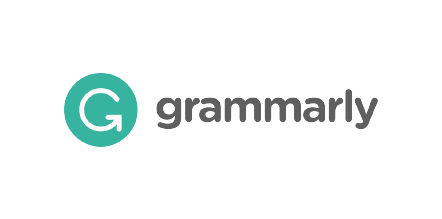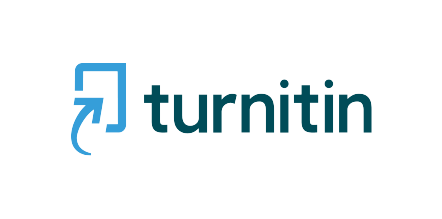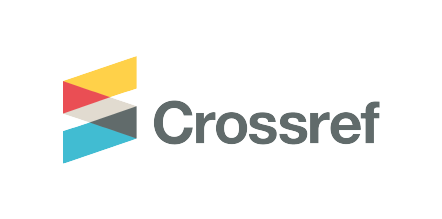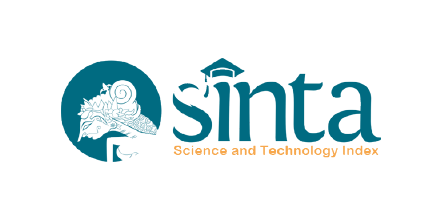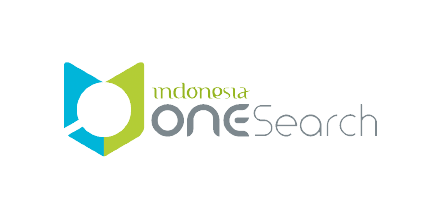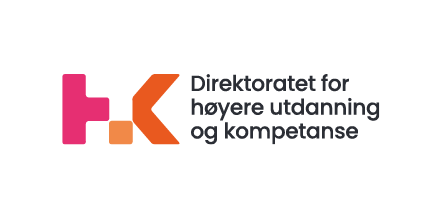Teachers' Efficacy in Inclusive Teaching
A Study on EFL Pre-Service Teachers
DOI:
https://doi.org/10.21776/ub.ijds.2022.009.02.09Keywords:
Education, Inclusion, Teaching, English Language LearningAbstract
Examining the perceived efficacy of pre-service teachers in implementing inclusive practices is one approach to see if they are up to the challenge. The instrument of the study was adopted from Prof.Umesh Sharma's article. The old research only does qualitative research. This study aims to check pre-service teachers' efficacy in implementing inclusive education in teaching English. This research used a descriptive quantitative research design to check pre-teacher efficacy to practice inclusive classes in teaching English. The data were collected through a questionnaire with 99 participants from introduction in inclusive education classes. The obtained study shows a positive response toward pre-service teachers' efficacy. The findings show that most participants agree with the statements about the efficacy of using inclusive instructions, collaboration, and management. The more strong the sense of efficacy in the pre-service teacher, the greater the chance for them to succeed in implementing inclusive education in the classroom.
References
Ahsan, M. T., Sharma, U., & Deppeler, J. M. (2012). Asia Pacific Journal of Education Challenges to prepare pre-service teachers for inclusive education in Bangladesh : beliefs of higher educational institutional heads. October 2014, 37–41. https://doi.org/10.1080/02188791.2012.655372
Alzahrani, N. (2020). The development of inclusive education practice: A review of literature. International Journal of Early Childhood Special Education, 12(1), 68–83. https://doi.org/10.20489/intjecse.722380
Bandura, A. (1998). Self-Efficacy. 4(1994), 71–81.
Beacham, N., & Rouse, M. (2012). Student teachers' attitudes and beliefs about inclusion and inclusive practice. Journal of Research in Special Educational Needs, 12(1), 3–11. https://doi.org/10.1111/j.1471-3802.2010.01194.x
Della, V., & Rachele, F. (2015). Protecting the Rights of People with Autism in the Fields of Education and Employment. In Protecting the Rights of People with Autism in the Fields of Education and Employment. https://doi.org/10.1007/978-3-319-13791-9
Florian, L., & Linklater, H. (2010). Preparing teachers for inclusive education: Using inclusive pedagogy to enhance teaching and learning for all. Cambridge Journal of Education, 40(4), 369–386. https://doi.org/10.1080/0305764X.2010.526588
Klassen, R. M., & Tze, V. M. C. (2014). Teachers' self-efficacy, personality, and teaching effectiveness: A meta-analysis. Educational Research Review, 12, 59–76. https://doi.org/10.1016/j.edurev.2014.06.001
Kuyini, A. B., & Desai, I. (2007). Principals' and teachers' attitudes and knowledge of inclusive education as predictors of effective teaching practices in Ghana. Journal of Research in Special Educational Needs, 7(2), 104–113. https://doi.org/10.1111/j.1471-3802.2007.00086.x
Mojavezi, A., & Tamiz, M. P. (2012). The impact of teacher self-efficacy on the students' motivation and achievement. Theory and Practice in Language Studies, 2(3), 483–491. https://doi.org/10.4304/tpls.2.3.483-491
Montaño, J., & Vera, E. (2012). "Inclusive English classrooms: requirements, implications and limitations. -A qualitative case study-." Folios, 1(36), 77–95. https://doi.org/10.17227/01234870.36folios77.95
Scheer, D., Scholz, M., Rank, A., & Donie, C. (2015). Inclusive Beliefs and Self-Efficacy Concerning Inclusive Education Among German Teacher Trainees and Student Teachers. Journal of Cognitive Education and Psychology, 14(3), 270–293. https://doi.org/10.1891/1945-8959.14.3.270
Schmidt, M., & Vrhovnik, K. (2015). Attitudes of teachers towards the inclusion of children with special needs in primary and secondary schools. Hrvatska Revija Za Rehabilitacijska Istrazivanja, 51(2), 16–30.
Sharma, U., Loreman, T., & Forlin, C. (2012). Measuring teacher efficacy to implement inclusive practices. Journal of Research in Special Educational Needs, 12(1), 12–21. https://doi.org/10.1111/j.1471-3802.2011.01200.x
Subban, P., Round, P., & Sharma, U. (2021). 'I can because I think I can": an investigation into Victorian secondary school teacher's self-efficacy beliefs regarding the inclusion of students with disabilities.' International Journal of Inclusive Education, 25(3), 348–361. https://doi.org/10.1080/13603116.2018.1550816
Tasdemir, M., Iqbal, Z., & Asghar, Z. (2020). A Study of the Significant Factors Affecting Pre-Service Teacher Education in Turkey A Study of the Significant Factors Affecting Pre-Service TE in Turkey Background of the Study. Bulletin of Education and Research, 42(1), 79–100.
Tschannen-Moran, M., & Hoy, A. W. (2007). The differential antecedents of self-efficacy beliefs of novice and experienced teachers. Teaching and Teacher Education, 23(6), 944–956. https://doi.org/10.1016/j.tate.2006.05.003
Winter, E. C. (2006). Preparing new teachers for inclusive schools and classrooms. Support for Learning, 21(2), 85–91. https://doi.org/10.1111/j.1467-9604.2006.00409.x
Downloads
Published
How to Cite
License
Copyright (c) 2022 Agni Damayanti, Alies Poetri Lintangsari, Irene Nany Kusumawardani

This work is licensed under a Creative Commons Attribution-NonCommercial 4.0 International License.







